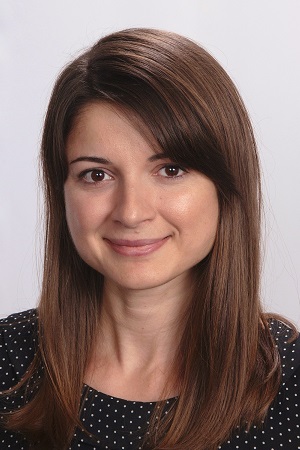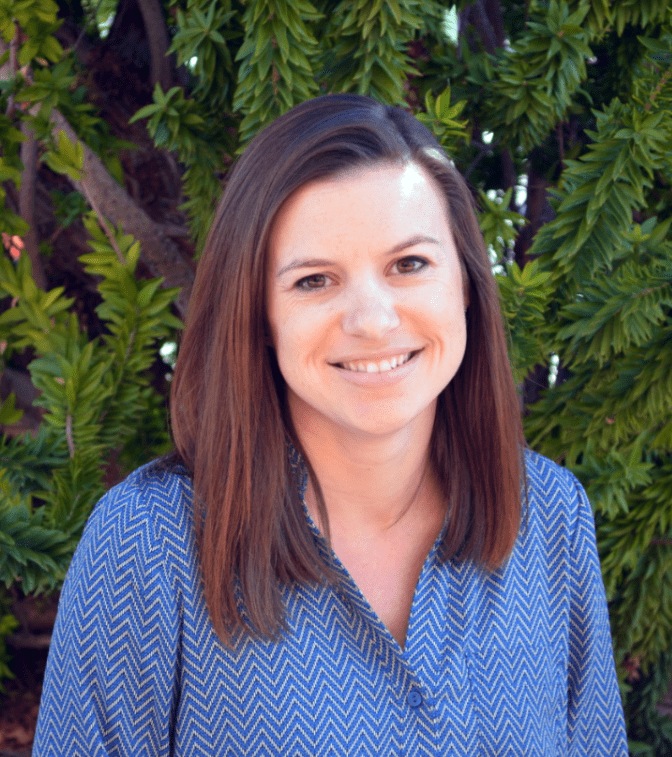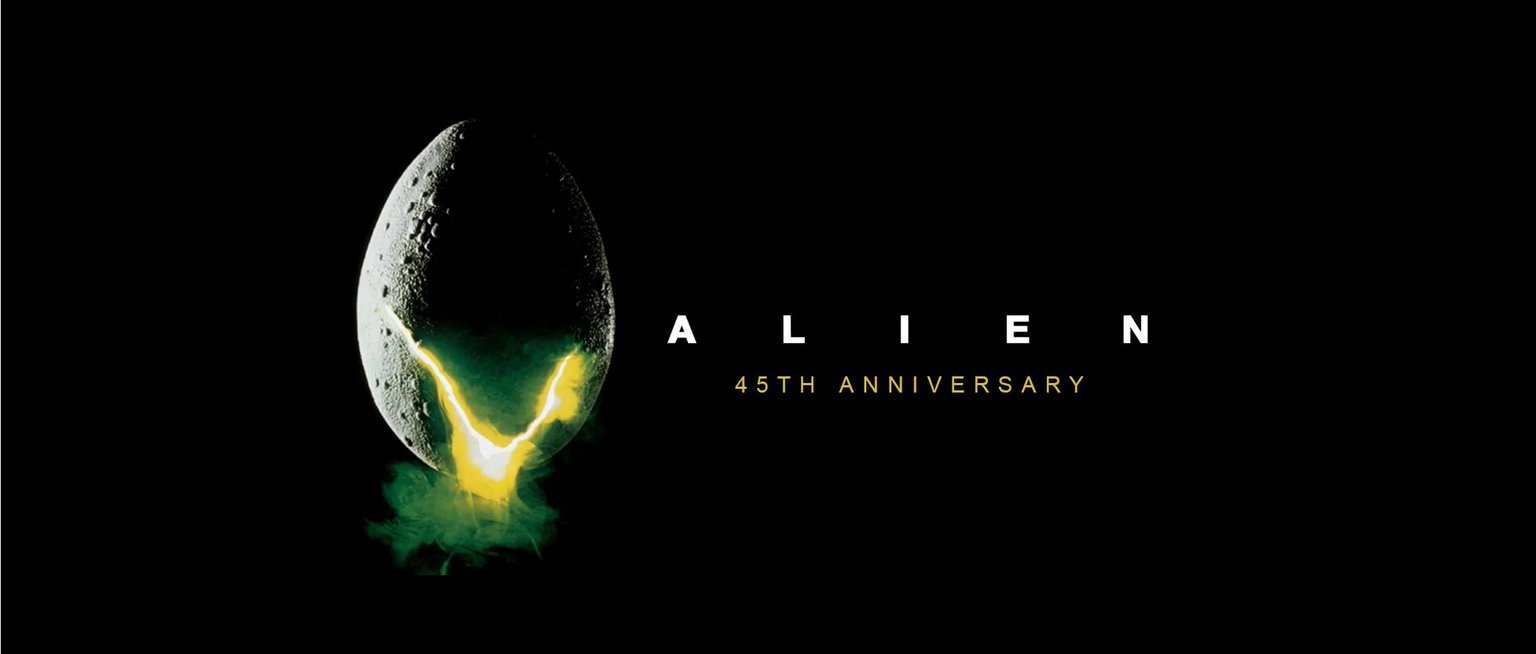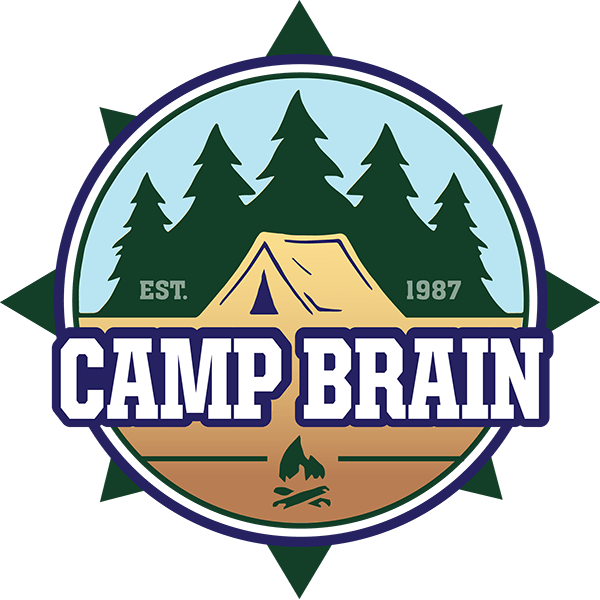New Biaaz Board Members Share Mission of Erasing Brain Injury Stigma Through Communication
One of the keys to surviving brain injury is communication— with one’s family, medical professionals, law enforcement, and, most importantly, one’s self. Even though they approach this challenge from different directions, two new BIAAZ Board Members have dedicated their careers to enhancing comprehension and understanding in survivors of brain injury by helping them overcome communication barriers in order to better clarify and express their thoughts and feelings.
 Ileana Ratiu, PhD, CCC-SLP, is Assistant Professor/Assistant Program Director in the Speech-Language Pathology Program at Midwestern University in Glendale. With a PhD in Speech and Hearing Science, and a M.S. in Communication Disorders from Arizona State University, as well as a B.S. in psychology and a B.A. in French, Ileana is fascinated with cognition and language, especially as these factors pertain to adults with neurogenic disorders.
Ileana Ratiu, PhD, CCC-SLP, is Assistant Professor/Assistant Program Director in the Speech-Language Pathology Program at Midwestern University in Glendale. With a PhD in Speech and Hearing Science, and a M.S. in Communication Disorders from Arizona State University, as well as a B.S. in psychology and a B.A. in French, Ileana is fascinated with cognition and language, especially as these factors pertain to adults with neurogenic disorders.
In fact, her dissertation focused on how traumatic brain injury (TBI) affects reading and communication in Spanish-English speakers. TBIs can disrupt many higher-level cognitive abilities and for bilingual individuals, there’s the additional problem with switching from one language to another or translating from one language to another. Ileana grew up speaking English and Romanian, and although she didn’t have a brain injury, she knows how difficult these transitions can be under the best of circumstances.
“With many of these bilingual families, one child serves as the translator,” states Ileana. “If they’re injured, it’s tough for the entire family.” She points out the elevated rate of brain injury among Hispanics and additional challenges faced with lower-income families. “They don’t have access to resources they really need.”
Many individuals with concussions have trouble with cognition, affecting their ability to learn. Subsequently, they struggle with grades, can’t manage their schedules, and may be unable to communicate their struggles, so they don’t get the treatment they so desperately need. “Probably half of mild traumatic brain injury isn’t reported,” says Ileana. “Many of these kids are afraid if they do, they won’t get to play sports, which is also a problem.”
In fact, according to the Center for Disease Control and Prevention (CDC), emergency rooms see more than 2.8 million head injuries each year, which, as Ileana points out, doesn’t even reflect unreported injuries.
Ileana works closely with students at Midwestern University using an enlightened approach that allows students with brain injury to succeed. “They do well with highly structured tasks, but struggle with more independent and complex tasks,” she notes. “At the college level, we make several accommodations that work quite well.”
Since many survivors are easily distracted by noises, quiet environments are provided. Also, more time is allowed for assignments, and lectures are recorded for future review.
When it comes to managing brain injury symptoms that can affect a student’s performance, Ileana believes such issues should be addressed early, starting in middle school and high school. In addition to providing disability resource centers, she says schools “should get brain injury documented in the first place, so [the student’s] teacher is aware. After all, their parent or teacher is going to be their best advocate.”
Ileana’s message to students: If your thinking is different, like your memory and attention span, talk to somebody. There are many medical, legal, and financial resources available, and reaching out to BIAAZ is a great way to access them.
Additionally, Ileana recommends the following list of techniques to prevent being overwhelmed by day-to-day activities:
- Use your smartphone to make lists and keep information, such as appointments.
- Prepare visual calendars and organize your workspace to be free of distractions.
- Use a medicine box with timer to stay on schedule.
- Allow yourself extra time to complete tasks.
Being the dedicated educator she is, Ileana continues to look for new ways to help students with a brain injury re-learn skills. “This is an underserved population, but with new research, we’re seeing growth and it’s very rewarding,” she shares.
 As a speech language pathologist and the Assistant Professor with the Department of Speech Language & Hearing Sciences at the University of Arizona, Jessica specializes in acquired brain injuries, which include TBIs, stroke, and brain tumors. She received her PhD in Communications Disorders and M.S. from the University of Nebraska, and earned her B.S. from the University of Illinois.
As a speech language pathologist and the Assistant Professor with the Department of Speech Language & Hearing Sciences at the University of Arizona, Jessica specializes in acquired brain injuries, which include TBIs, stroke, and brain tumors. She received her PhD in Communications Disorders and M.S. from the University of Nebraska, and earned her B.S. from the University of Illinois.
In her studies, she has found veterans returning from war are indeed the walking wounded. “They were experiencing gaps in areas like attention and memory.” This led to her creation of an assessment that accurately evaluates real-life deficits.
Her commitment to the fields of communication and brain injury have been a constant in her life. She herself experienced a concussion after a car accident that left her vehicle totaled. Her grandmother and teenage boyfriend have also both sustained brain injuries. By 15, she knew what her career path would be. Nowadays, her husband works as an athletic trainer, so for Jessie, her profession frequently makes its way into her personal network.
As a Board Member with the Brain Injury Alliance of Minnesota, Jessie became aware of how much good the Alliance does for the community, providing resources for brain injury survivors and their families who don’t know what to do or where to turn. Being associated with the BIAAZ, she feels fortunate to be able help brain injury survivors in The Grand Canyon State.
When reflecting on the many patients she’s worked with who have touched her life, one in particular stands out — an elderly gentleman who had suffered a stroke and had trouble with spatial processing on his left side. The first thing he and Jessie did was place a huge yellow bow on his left wrist, a common procedure to overcome the corresponding neglect in the left side of the brain.
Since this gentleman had a fondness for art and a skill for replicating famous paintings, his wife brought some in some pieces from his in-home gallery. This enabled him to process his environment with more familiar stimuli.
Within one month, “Picasso” was released from rehab.
Jessie continues to work tirelessly to improve communication for other survivors as well. She even helped design an augmentative and alternative communication (AAC) device. This technology assists people with limited speech or cognition to enjoy increased comprehension.
As impressive as that accomplishment is, she is proudest when imparting her insights to others. “Teaching is trickle down…I can reach many other people. It’s kind of like a pyramid scheme for education,” she confides.
The main thing she wants people to know? “There’s no such thing as a minor brain injury. I just hope the stigma around it goes away.”
She is confident the BIAAZ is the perfect vehicle for this. “It’s a one-stop shop for everything people with brain injury need to be more independent,” she says. “As a board member, I’m interested in growth, educating the public, connecting with survivors, and helping patient rehab and growing services here in Tucson.”
The southern Arizona-based outreach Jessie is invested in came to fruition rather recently with the inaugural Concussion Run in October 2019 in Tucson, which she hopes will become a fundraising staple for the development and usage of more professional services and support groups.
ABOUT BRAIN INJURY ALLIANCE OF ARIZONA
The Brain Injury Alliance of Arizona (BIAAZ) is the only statewide nonprofit organization dedicated to improving the lives of adults and children with all types of brain injuries through prevention, advocacy, awareness, and education. BIAAZ also houses the Arizona Brain Health Resource Center, a collection of educational information and neuro-specific resources for brain injury survivors, caregivers, family members, and professionals.
What began in 1983 as a grassroots effort has grown into a strong statewide presence, providing valuable life-long resources and community support for individuals with all types of brain trauma at no charge.
The Brain Injury Alliance of Arizona:
- Works with the Congressional Brain Injury Task Force
- Houses Arizona Brain Health Resource Center
- Hosts the Statewide Opioid Use Disorder & Cognitive Impairment Workgroup
- Deploys a Statewide Opioid Use Disorder & Cognitive Impairment Response Team with peer support, training and family wraparound services
- Facilitates the Brain Health Advisory Council
- Manages a Statewide Neuro Info-Line 888-500-9165





